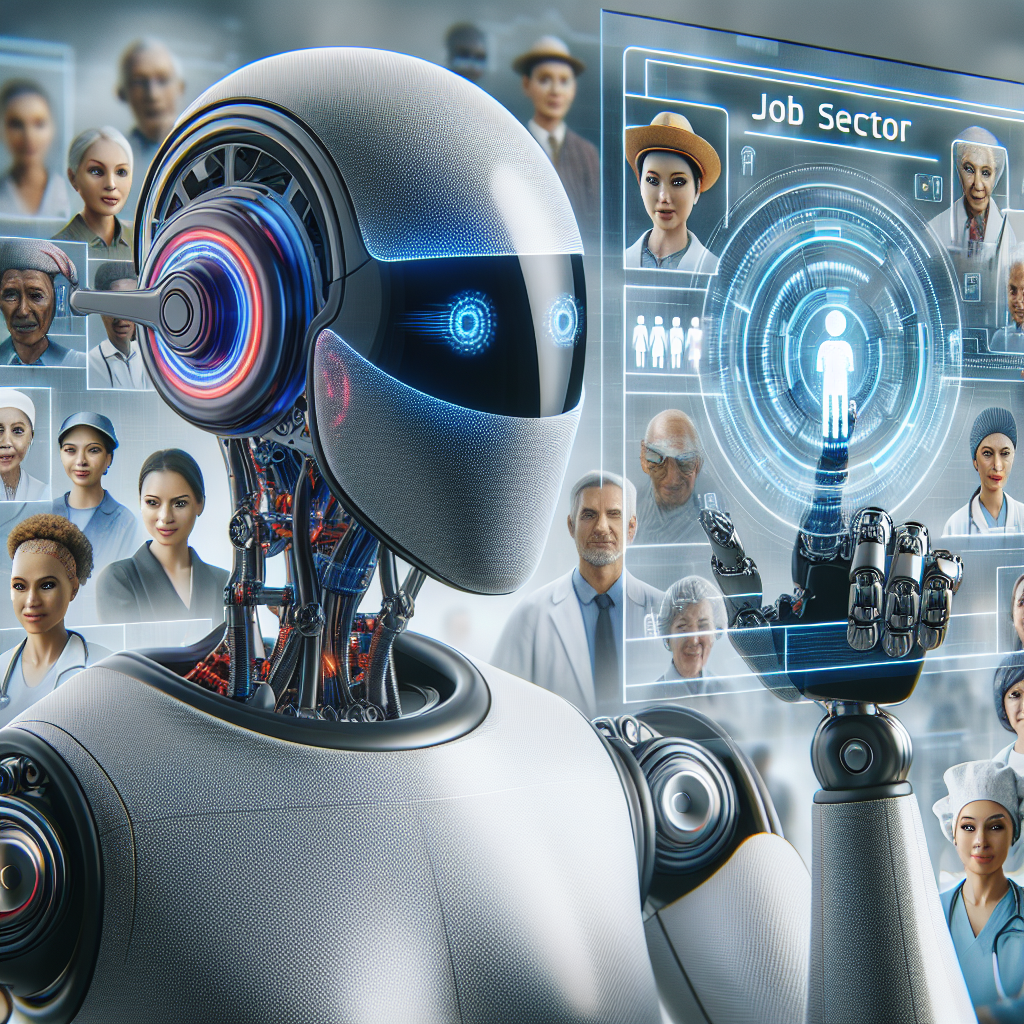Artificial General Intelligence (AGI) is a term used to describe a type of artificial intelligence that has the ability to understand, learn, and apply knowledge in a way that is indistinguishable from human intelligence. While current AI systems are specialized in performing specific tasks, AGI aims to replicate the broad range of cognitive abilities that humans possess.
The development of AGI has the potential to revolutionize many aspects of society, including the job market. As AGI becomes more advanced and widespread, there are concerns about its impact on employment. Will AGI lead to mass unemployment as machines take over human jobs, or will it create new opportunities for workers in different industries? In this article, we will explore the potential impact of AGI on the job market and discuss how it may shape the future of work.
AGI and the Future of Work
The rise of AGI has the potential to transform the nature of work in many industries. With machines capable of performing tasks that previously required human intelligence, there is a possibility that many jobs could be automated. However, this does not necessarily mean that there will be a mass exodus of workers from the job market. Instead, AGI is likely to create new opportunities for workers in different fields.
One of the key ways in which AGI may impact the job market is by automating repetitive and routine tasks. Jobs that involve manual labor or simple decision-making processes are at risk of being replaced by machines with AGI capabilities. This includes tasks such as data entry, customer service, and basic accounting. While this may result in some job displacement, it also opens up opportunities for workers to focus on more complex and creative tasks.
For example, in the field of healthcare, AGI could be used to analyze medical imaging scans and assist doctors in diagnosing diseases. This would free up healthcare professionals to focus on patient care and treatment, rather than spending time on routine tasks. Similarly, in the field of finance, AGI could be used to automate data analysis and risk assessment, allowing financial experts to focus on strategic decision-making.
AGI may also create new job opportunities in industries that have not traditionally been associated with technology. As machines become more capable of performing a wide range of tasks, there will be a growing demand for workers who can design, maintain, and optimize these systems. This includes roles such as AI engineers, data scientists, and machine learning specialists.
Furthermore, AGI has the potential to enhance productivity and efficiency in the workplace. By automating routine tasks, businesses can reduce costs and improve their bottom line. This could lead to increased demand for workers with skills in areas such as project management, problem-solving, and strategic planning. Overall, AGI has the potential to create a more dynamic and diverse job market, with opportunities for workers in a wide range of industries.
FAQs
Q: Will AGI lead to mass unemployment?
A: While AGI has the potential to automate many jobs, it is unlikely to lead to mass unemployment. Instead, AGI is likely to create new job opportunities in industries that require human creativity and critical thinking skills.
Q: What skills will be in demand in a post-AGI job market?
A: In a post-AGI job market, skills such as creativity, problem-solving, and emotional intelligence will be highly valued. Workers who can adapt to new technologies and collaborate with AI systems will be in high demand.
Q: How can workers prepare for the impact of AGI on the job market?
A: Workers can prepare for the impact of AGI by developing skills in areas that are less likely to be automated, such as creative thinking, collaboration, and emotional intelligence. Lifelong learning and upskilling will be key to staying competitive in a rapidly changing job market.
In conclusion, AGI has the potential to revolutionize the job market by automating routine tasks, creating new job opportunities, and enhancing productivity in the workplace. While there are concerns about the impact of AGI on employment, it is important to recognize the potential benefits that this technology can bring. By preparing for the changes ahead and developing the necessary skills, workers can adapt to the evolving job market and thrive in a future powered by AGI.

